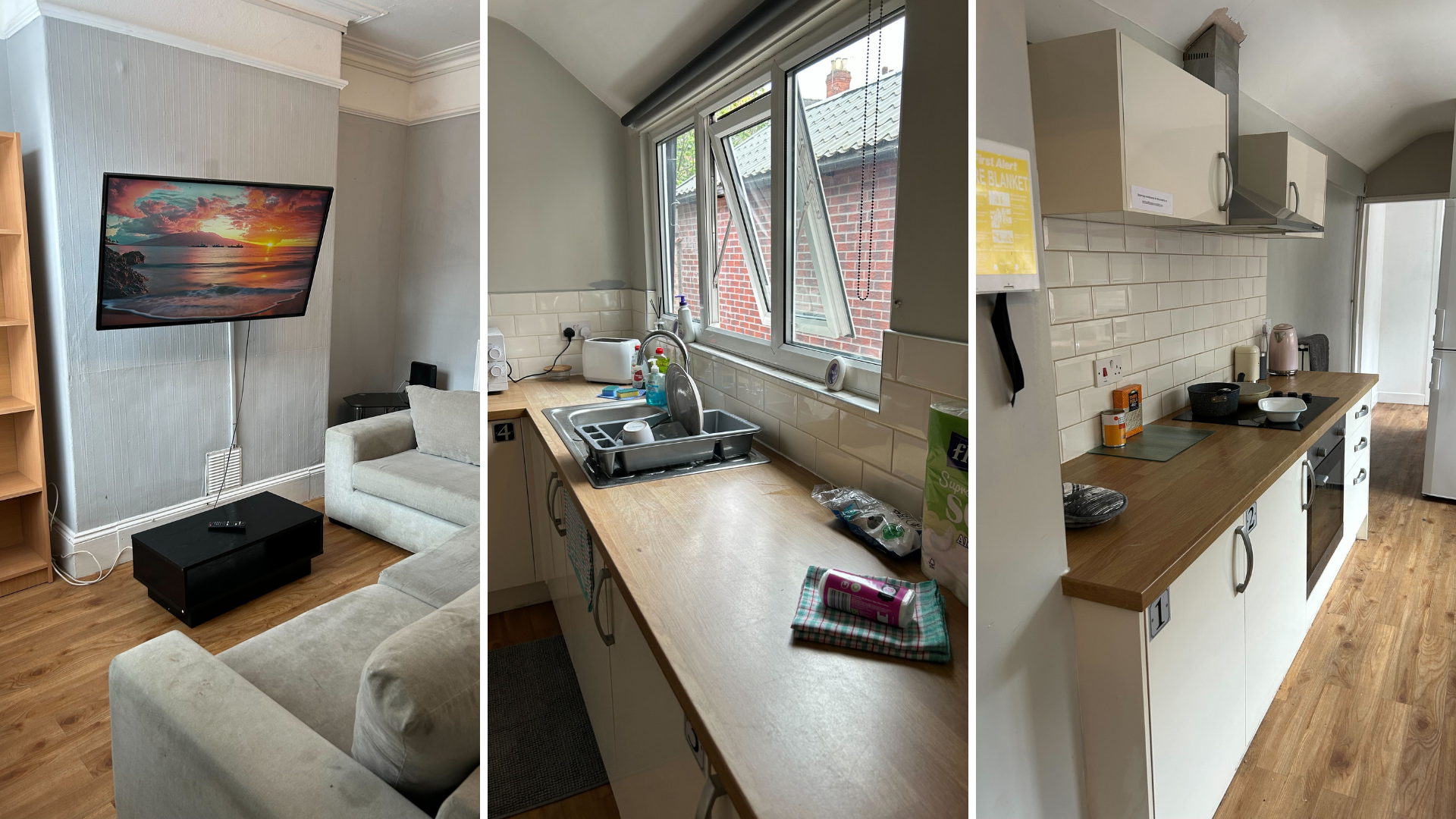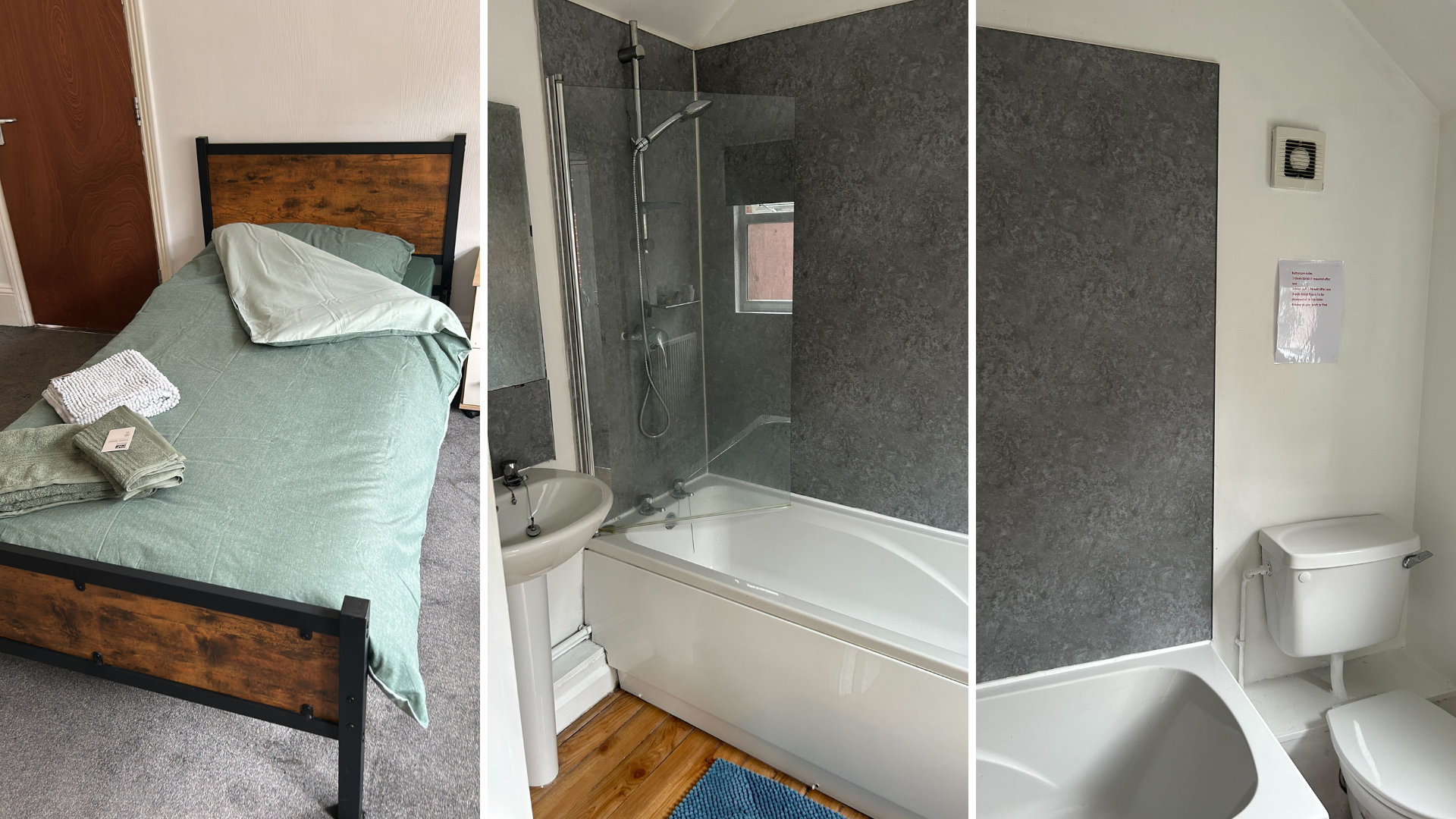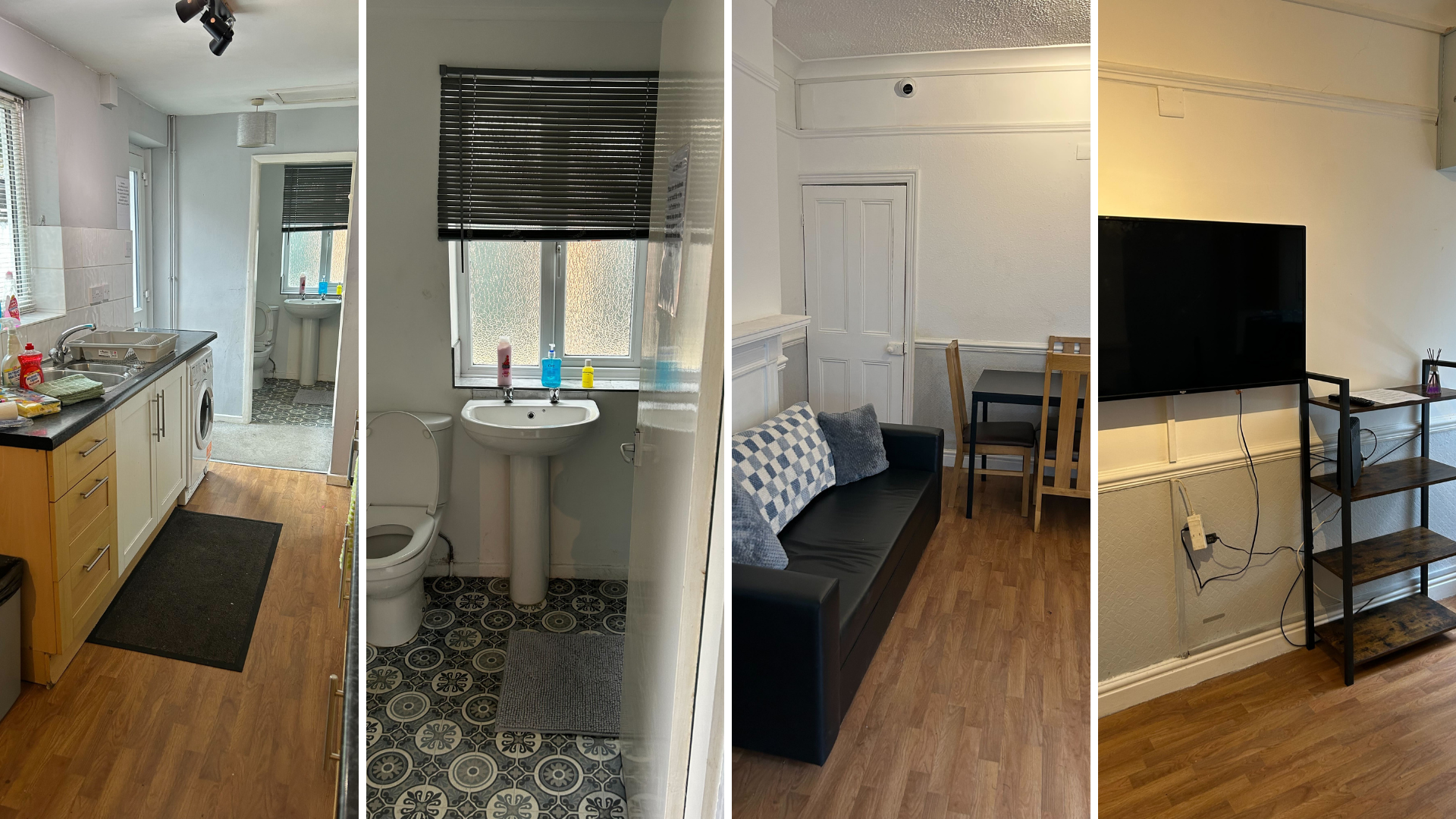At Living Concepts, we’ve seen just about everything when it comes to tenants moving out of a property.
From curtains being packed up with the last box to carpets mysteriously disappearing, it’s safe to say nothing surprises us anymore. But while it may feel harmless to take an item you’ve grown fond of, the consequences can be far greater than most tenants realise.
What Belongs to the Property, Stays with the Property
When you move into a rental home, many fixtures and fittings – such as carpets, curtains, blinds, appliances, or even garden features – are part of the property. Unless you personally installed them (with the landlord’s written consent) and have a prior agreement to remove them, these items must remain when you move out.
Think of it this way: if you didn’t bring it with you on day one, you probably shouldn’t take it on the last.
Why Tenants Sometimes Do It
We understand the reasoning – sometimes it’s a misunderstanding, sometimes it’s sentimental, and occasionally it’s frustration with the landlord.
But whether it’s intentional or accidental, removing items that belong to the property is legally considered theft and can have long-term consequences.
The Consequences of Taking What’s Not Yours
-
- Deposit Deductions: The cost of replacing missing items is usually taken straight from your deposit – often at a higher cost than what you’d expect.
- Additional Charges: If the replacement exceeds your deposit, landlords can pursue further payment, even through legal channels.
- Loss of References: A poor reference from a landlord can make securing your next rental significantly harder.
- Legal Action: In extreme cases, removing items from a property can be treated as theft – a risk no tenant should be willing to take.
A Better Way Forward
If you’ve grown attached to the curtains or furniture, or perhaps invested in your own upgrades during your tenancy, speak to your landlord before moving out. In many cases, they may be open to negotiation: you could replace the item with your own, buy the existing one at a fair price, or agree to leave improvements in place.
Our Advice to Tenants
-
- Do a walkthrough: Before moving, walk through the property with your inventory report in hand. Double-check what needs to stay.
- Ask questions: If in doubt, ask your landlord or agent – it’s always better to clarify than assume.
- Leave the property as you found it: Think back to move-in day. That’s your benchmark for move-out day.
At Living Concepts, we encourage respectful landlord–tenant relationships.
Leaving a property in good condition and with all its fixtures intact not only protects your deposit, but also your reputation as a tenant.
After all, moving out is a fresh start – why risk carrying unnecessary baggage with you?



